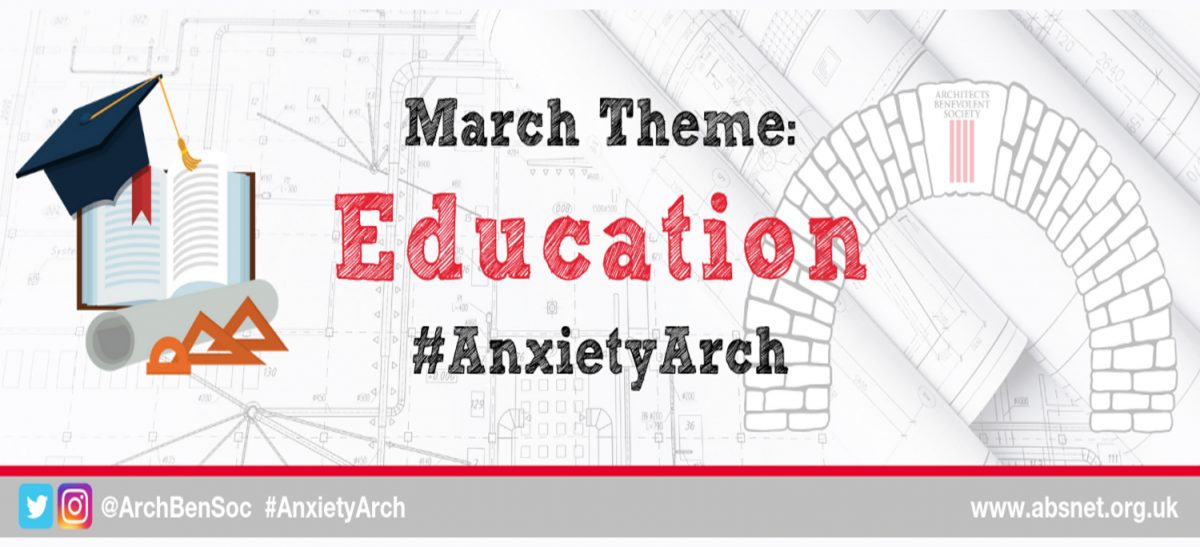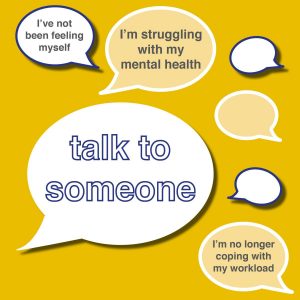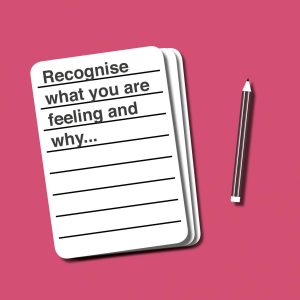Home | Our news & views |
Studying Architecture; how I coped – Guest Post by Abigail Patel

Home | Our news & views |

 “My own experience as an architect student has been varied, difficult, rewarding, stressful, exciting, challenging, brilliant and terrifying- all at the same time. From the moment I arrived to study my undergraduate degree at The University of Edinburgh in 2012, I felt an immense pressure to not only do well but to actively succeed and then to keep going on the other side. The first few months of university were the most difficult I have experienced with regards to my mental health- I wouldn’t say that this has necessarily got better but over the last six years I have learnt to manage my anxiety in different ways, particularly through the varying stages of architectural education and the challenges that each of these can throw at you.
“My own experience as an architect student has been varied, difficult, rewarding, stressful, exciting, challenging, brilliant and terrifying- all at the same time. From the moment I arrived to study my undergraduate degree at The University of Edinburgh in 2012, I felt an immense pressure to not only do well but to actively succeed and then to keep going on the other side. The first few months of university were the most difficult I have experienced with regards to my mental health- I wouldn’t say that this has necessarily got better but over the last six years I have learnt to manage my anxiety in different ways, particularly through the varying stages of architectural education and the challenges that each of these can throw at you.
I was, and still am, very fortunate to have the support of friends and family, which has always helped me during times when I have particularly struggled with my mental health. However, for the most part, I’ve had to learn what worked best for me and recognise the importance of managing feelings of anxiety- not just expecting that they will go away on their own.
 Talk to people
Talk to people
This might be the worst best advice anyone could give in terms of mental health, and it won’t work for everyone- but it worked for me. When I first started experiencing anxiety, I had no idea that’s was what it was and if I hadn’t opened up to close family members to how I was feeling, I may have continued to feel the same overwhelming sense of helplessness for a long time. Whether it’s to your parents, your friends, a tutor or someone at ABS, talking to someone is the first step to managing your mental health.
 Recognise what you are feeling and why
Recognise what you are feeling and why
One of the best tactics that worked for me was actively reflecting on how I was feeling whenever I felt anxious or was experiencing a panic attack. To do this I wrote down three things:
1. what was I feeling anxious about
2. why was I feeling anxious about this
3. what would I do if this particularly thing was to happen.
The first few times I did this exercise, I found even questioning how I was feeling was more difficult than it seemed. However, the more honest I was the easier it became to see that no matter how I was feeling, the worst outcome was never as bad as it may originally have appeared- and this was a really important thing to learn.
 Give yourself a break
Give yourself a break
Architectural education has a terrible reputation for teaching us bad habits. Working late nights (if not all night) in the studio, sitting down at a desk for 12+hours without fresh air or a break, constantly comparing ourselves and our progress against one another, not to mention the anxiety of regularly standing up in front of 50+ people to present a project you have no idea how to talk about. But give yourself a break. You are much more use to yourself, and everyone else with 6-8 hours sleep, proper food, lots of water and fresh air. Take time to look after yourself as well as your work- you can’t have one without the other, and this will continue to serve you well in the rest of your future career.
Whilst it may be easy to look back now and reflect, I would be lying if I said that I don’t often experience the same feelings of being completely overwhelmed by anxiety. Over the years my strategies for managing mental health have changed to suit my circumstances, and I recognise that this is something that will never go away, but something I will learn to live alongside as many others do.
If you’re struggling and need help, or just looking for a bit of advice then contact the Architects Benevolent Society who can put you in touch with the welfare team, who will then be able to assess how they can best support you.”